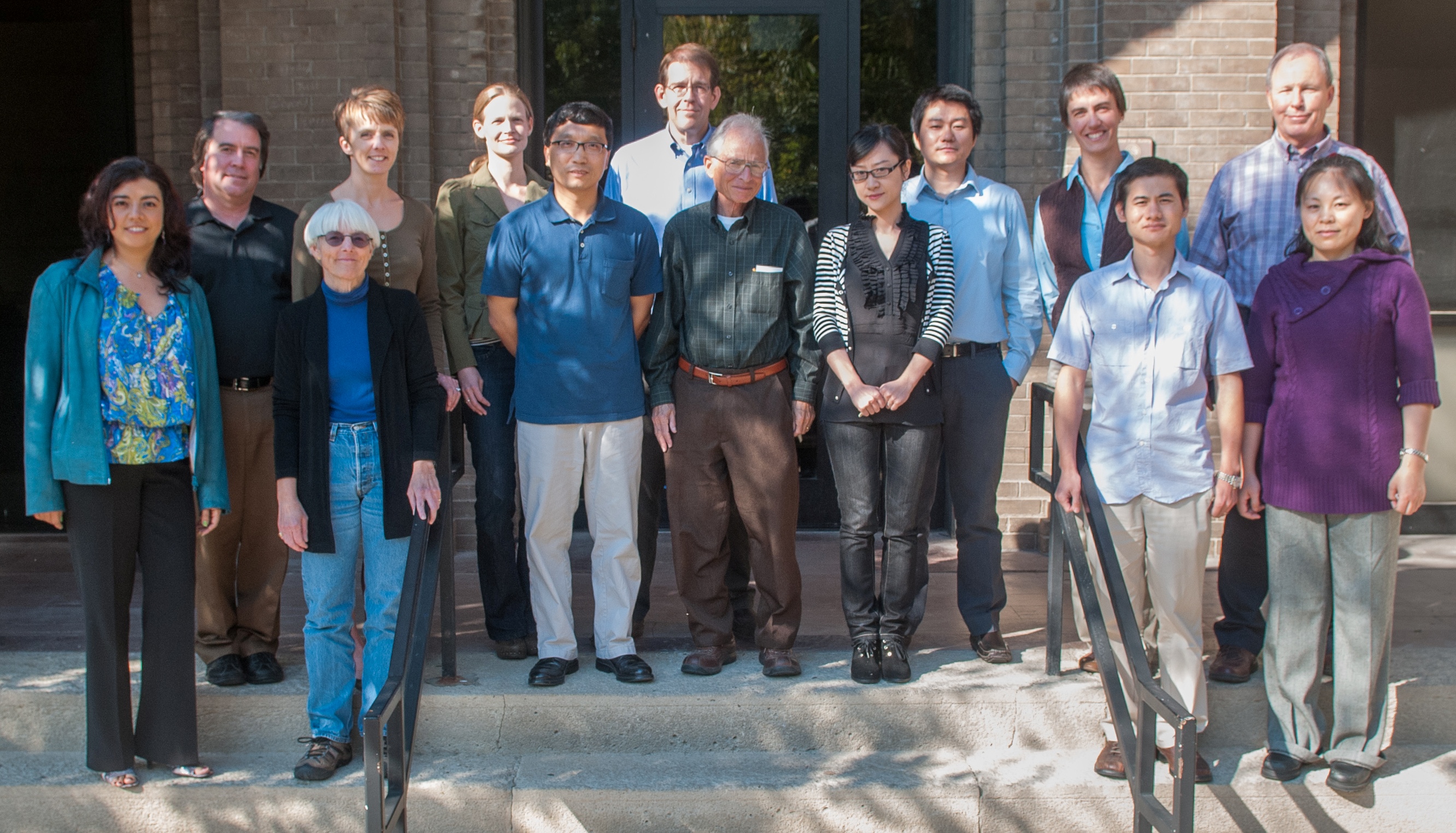About Us
Mission Statement
 Statistics, the science of decision making under uncertainty, is driven by data. The mission of the statistical sciences, as a discipline, is to serve science and society through the development, understanding, abstraction, and communication of state-of-the art techniques for collecting, analyzing, and making inferences from data.
Statistics, the science of decision making under uncertainty, is driven by data. The mission of the statistical sciences, as a discipline, is to serve science and society through the development, understanding, abstraction, and communication of state-of-the art techniques for collecting, analyzing, and making inferences from data.
It is an explosive time for statistics with no shortage of new and novel data types in need of theoretical and applied study. Statistics has been called the "quintessential" interdisciplinary science because statisticians enthusiastically reach out to all areas of science and engineering in the pursuit of interesting and important problems.
The dramatic influence statistics has on science and society can be easily seen by watching how data-analytic methods developed in the context of a particular scientific field are adapted by other disciplines. For example, analysis of variance that grew out of agricultural field trails is now a foundational research methodology throughout science. Similarly, many time series techniques that were developed through oceanography applications are now essential tools in areas such as engineering, economics, and environmental sciences.
The tradition of statisticians attacking important interdisciplinary problems started earlier this century with R. A. Fisher formalizing the concepts of random sampling and design of experiments. Since that time, statistics has become a major research discipline that fundamentally supports all experimental sciences.
Statisticians at Kansas State University have been dedicated to the development, understanding, abstraction, and communication of statistical principles for data analysis to Kansas State researchers for 55 years. The Statistics Department’s long tradition of expertise in the design and analysis of experiments has been a critical component in many Kansas State research programs, helping them achieve national prominence, particularly in agriculture.
The mission of statistics at Kansas State is to continue its 55 year tradition of excellence by
- pursuing theoretical and applied research driven by novel data types that arise in a variety of scientific contexts;
- contributing to Kansas State research in science and engineering through active collaboration;
- communicating statistics and statistical thought through quality education in graduate and undergraduate service courses;
- training and educating future generations of statisticians through its highly acclaimed BS, MS, and Ph. D. programs.